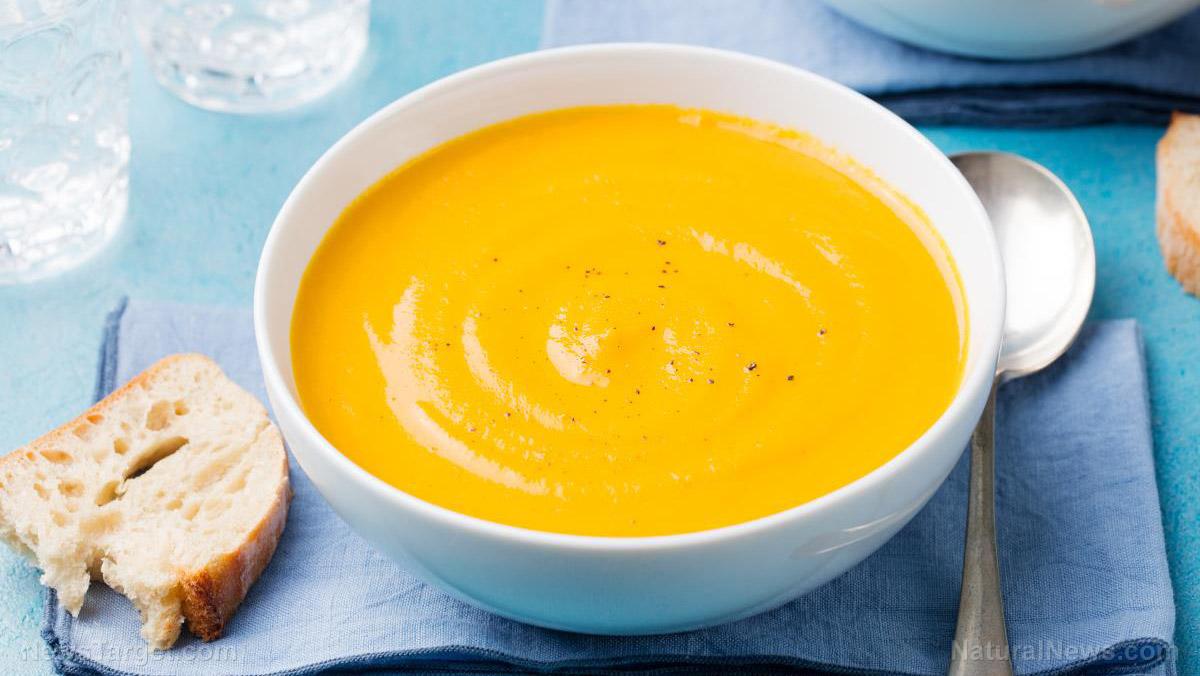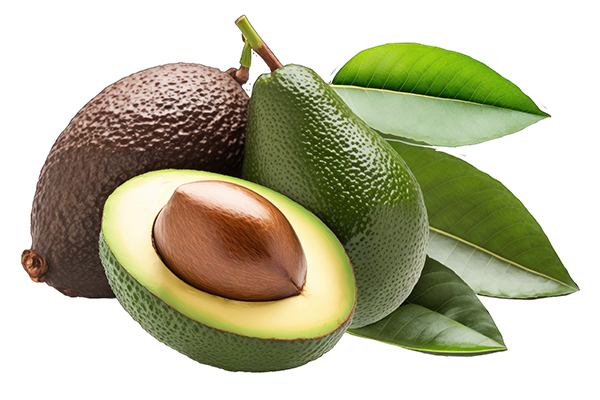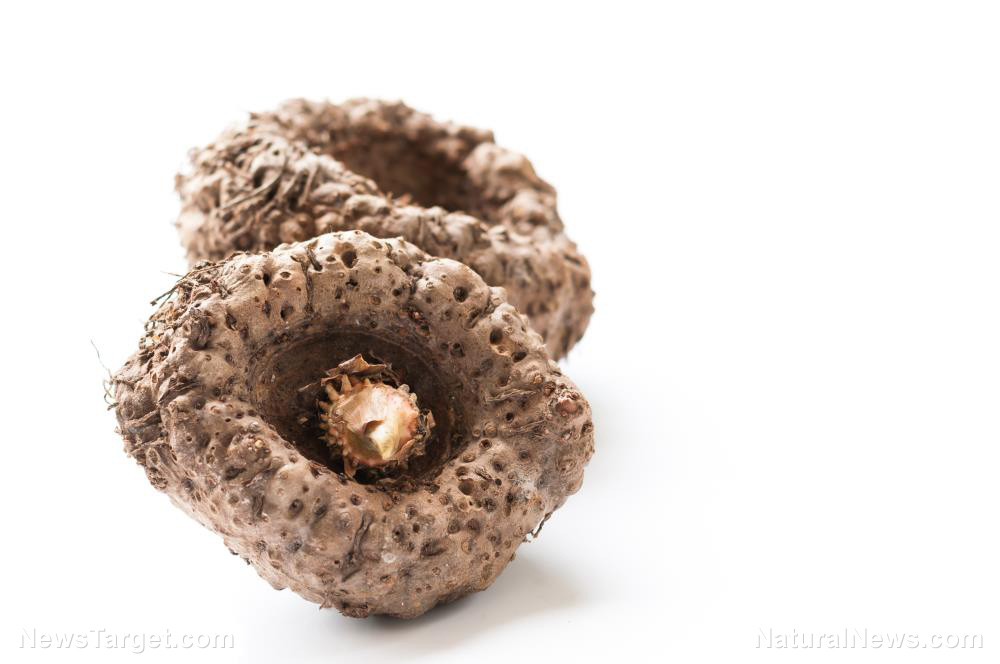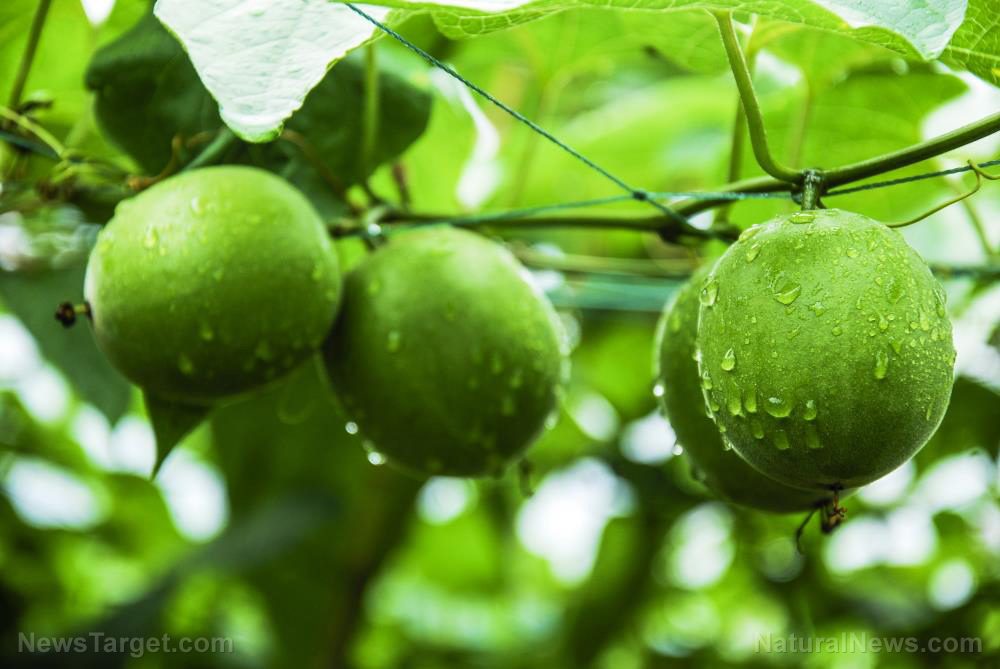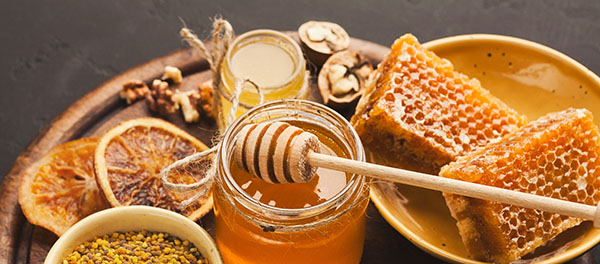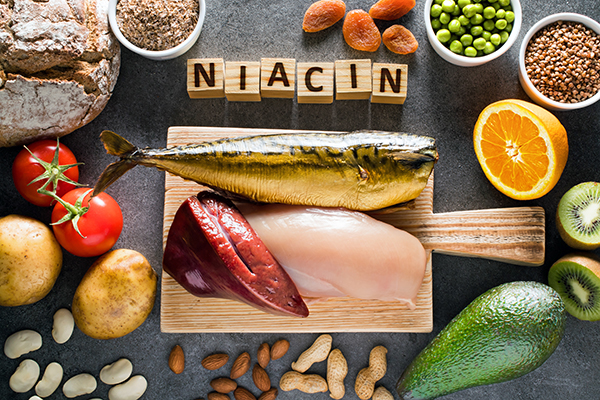Prevent urinary tract infections (UTIs) and support overall health with cranberry juice
11/27/2023 / By Zoey Sky
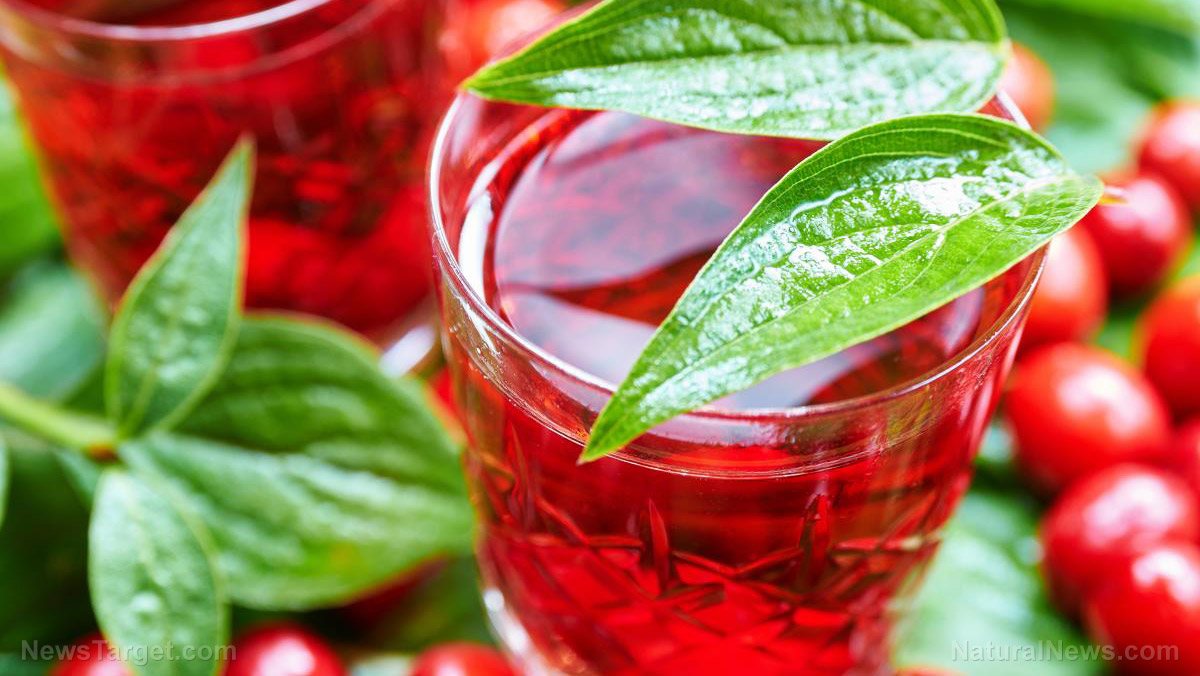
Native to northern parts of the U.S., cranberry is a popular superfood loaded with beneficial polyphenols that have antioxidant, antibacterial and anti-inflammatory properties.
You can buy cranberries as fresh or dried berries, or in juice or supplement form.
Benefits of cranberries
Many studies have investigated the effects of cranberries on urinary tract infections (UTIs).
Prevent urinary tract infections
Research suggests that cranberries can help prevent recurring UTIs.
UTIs are common in females older than 18. At least 60 percent of females have had at least one UTI, while up to 30 percent have had subsequent ones. Children, the elderly and patients with catheters are especially susceptible to UTIs.
Cranberries contain proanthocyanidins (PACS) that are credited with cranberry’s beneficial effects against UTIs. PACS prevent bacteria that commonly cause UTIs, such as Escherichia coli (E. coli.), from attaching to cells in the urinary tract and causing infection.
Recent guidelines suggest that cranberry products may help reduce the risk of recurrent UTIs in women, children and those who have undergone interventions such as bladder radiotherapy. Consuming cranberries is also linked to a 30 percent decreased risk of recurrent UTIs in these groups.
Cranberry juice was also found to be more effective than other dosage forms, like capsules or tablets, in preventing UTIs.
Prevent GI tract infections
The PACS in cranberries may also help suppress stomach or intestinal infections caused by Helicobacter pylori (H. pylori).
A study of 522 adults with H. pylori bacteria revealed that participants who drank cranberry juice with a high amount of PACS twice a day for eight weeks had a 20 percent lower infection risk than those who took cranberry powder or a placebo. (Related: 4 Health benefits of pomegranate, an ancient superfood.)
Support healthy blood sugar levels
A review of 22 studies concluded that cranberries may lower fasting blood sugar and hemoglobin A1c — a test that measures average blood sugar levels over the past three months — in those with Type 2 diabetes.
Researchers suggest that the polyphenols in cranberries are responsible for this effect.
Support heart health
Research also suggests that cranberries may reduce some risk factors for heart disease, such as blood pressure and body mass index (BMI).
Additionally, they can help increase high-density lipoprotein (HDL), or “good” cholesterol, in individuals younger than 50.
Nutritional benefits of cranberry juice
According to the U.S. Department of Agriculture (USDA), a 100-gram (g) serving (one-half cup) of cranberry juice provides the following nutrients:
- Carbohydrates: 7.6 g
- Fat: 0.34 g
- Calcium: 7 milligrams (mg)
- Potassium: 71 mg
- Magnesium: 4.4 mg
- Citric acid: 1,160 mg
- Vitamin C: 0.63 mg
- Fiber: 0
- Protein: 0
Cranberry juice has a similar sugar content to other juices, which should be considered if you are monitoring your sugar intake.
How to use and store cranberries
You can easily add cranberries to your regular diet. While fresh cranberries are not usually consumed raw due to their acidity and tartness, they are often added to recipes.
Cranberry is often sweetened and consumed as a juice or used to make sauces. Cranberry extracts and powders may be added to dishes.
Use cranberries to make a refreshing fruit smoothie or fresh cranberry salsa. If you prefer something savory, make roasted Brussels sprouts with cranberries, bacon and maple. Alternatively, you can take cranberry supplements.
Store raw cranberries or cranberry juice according to package directions. Once opened, refrigerate cranberry juice. Store cranberry supplements at room temperature and out of the reach of children and pets.
Learn more about cranberries and other nutrient-rich fruits at Fruits.news.
Watch the video below for more information about the role of cranberries in UTI prevention.
This video is from the Natural News channel on Brighteon.com.
More related stories:
Prevent urinary tract infections naturally with this antioxidant-rich superfood.
Here are 10 kiwifruit benefits you shouldn’t miss out on.
STUDY: Eating foods high in flavonols (like quercetin) can help you stay strong as you age.
Sources include:
Submit a correction >>
Tagged Under:
cranberries, food cures, food is medicine, food science, Fresh, health science, natural health, natural ingredients, natural medicine, nutrition, organics, prevention, remedies, research, Spices, urinary tract infections, UTI
This article may contain statements that reflect the opinion of the author
RECENT NEWS & ARTICLES
BloodSugar.News is a fact-based public education website published by Blood Sugar News Features, LLC.
All content copyright © 2018 by Blood Sugar News Features, LLC.
Contact Us with Tips or Corrections
All trademarks, registered trademarks and servicemarks mentioned on this site are the property of their respective owners.


